It isn’t the easiest to navigate through a situation where you feel confused, hurt by what has transpired, and without the clarity of what to do. Hurt can linger for months and years; each time that we think back to what has happened, we are re-living that experience once again.
Remember that how you interpret any situation is based on (1) your present moment state of mind, (2) your current mood, (3) whether the immediate situation revisits upon a past difficult circumstance or perhaps if it is largely similar to something that has happened before, (4) the existing relationship that you have with the person that you are having a conflict with, and (5) your values and beliefs and your cumulative life experiences. Conflict among family members can be among the most difficult and debilitating because there can be an existing history of unresolved hurt, together with the fact that you will continue to see your family members and interact with them even as past issues remain unresolved. This coupled with the influence of having emotional ties, loyalties – and love towards the people that are most important to you, means that a conflict among family members will have a greater impact on you because of the importance of these people in your life.
There are four essential practices for helping yourself and another move from conflict, into resolution. It is wonderful if you have a third person who is skilled in this to guide and help – someone who can remain neutral to both parties and also supportive to each. Using these four methods and perhaps sharing them with the person that you are in conflict with, will greatly help you to navigate this experience; and to open yourself to what healing and relief you can achieve.
1. A disagreement, an argument, an ongoing conflict continue because one or both people have biased or incorrect perceptions – that is, you or the other person do not have clear understanding. The first step or process to seek clarity and resolution is to seek understanding of the other. You may do this in two ways. The first does not require the presence of the other person and it can be most helpful if you wish to adopt a different approach to how you think and feel about the conflict and the other person. It helps if you already practice introspection and self reflection – stepping into the other person’s shoes (metaphorically) and attempting to gain an understanding of their perspective, their current mental and emotional state, and any limitations that may be affecting their ability to be their best self with you. In order to understand another’s words and actions – and to have greater context for why they may have presented as irrational or unreasonable, you need to step outside of your position and your need to be justified or right. Seeking to have greater understanding begins with you taking an approach of seeing the other person and the situation from a higher perspective; one of kindness, patience, and love.
True understanding is difficult to accomplish if you are mired in strong emotion. Therefore, the initial work of seeking understanding must also include time, space, and the ability to reflect when you are in a peaceful state – when you harbour no ill will, but only the desire to understand the other person. You are not looking to forgive or accept a position that you do not agree with – only to understand their words and behaviour in a way that allows you to have a different and clearer understanding of why the conflict happened based on often extraneous circumstances and your ability to see things from a higher vantage point.
The second way that you can seek understanding is with the person or another individual who may be able to offer some insight and clarity that you did not have. To seek understanding of a situation requires that both people are willing to put aside their need to be right, and are instead able to focus on answering questions, sharing their perspective and seeking to understand the other. The outcome at this first stage is not to reach a resolution directly although this may happen out of both people being able to hear and understand one another in a way that they have not done before.
2. Saying ‘I’m sorry’. We underestimate the power of an apology. You say, ‘I’m sorry’ not because you are necessarily wrong, but because you have hurt another, you have created tension or behaved in a way that has not been of the utmost kind and loving. You can be sorry because your relationship has deteriorated for a time because of an unresolved conflict that is now impacting your relationship in the present. You can also be sorry that you and another did not have all of the tools or ways of knowing how to resolve conflict – until now. When both parties are truly sorry for any actions that may have caused hurt or suffering of another, peace can flow; it can enter our heart and our bodies and we can feel ready to take the steps towards healing and true resolution. Saying ‘I’m sorry’ lets the other person know that you care enough about them that you are willing to recognize what hurt or damage you have caused and you are saying that you are remorseful. When another has apologized for the situation, for their words, for behaving in a way that is not typical or fitting – you likely let your guard down – in order to receive their compassion and kindness and this allows you to move towards resolution, for healing the past, and for feeling peaceful again. At this stage you can think back to the conflict and your feelings about it are different – you no longer re-experience the same painful emotions that you once did.
3. You must be willing to let go of what feelings you have been holding that have kept you engaged in conflict, in misunderstanding, and of a lack of willingness to make amends. Being willing to ‘let go’ of your hurt and suffering comes from having greater understanding of the other person – the situation and after you have taken some time to reflect on what you own part has been towards this.
You remain engaged in conflict when you hold your heart closed. When you are able to look beyond your need to remain hurt, angry, or any other emotions that keep you from having resolution and look instead to what is possible – what healing and reconciliation you want – then you will move in the direction of this.
Choose a future desired outcome. If you wish to remain hostage to your hurt, to your anger, to your confusion – this is what you will continue to perpetuate. However if you have decided that you want to have a harmonious relationship with another and this is your focus, then you will be willing to let go of and make peace with what feelings and hurts you have carried in order to have this improved relationship. Focusing on the positive outcome and stating your desire and willingness to have this with another is paramount to releasing conflict and pain. And if the other person is not yet ready nor willing to meet you half way – then you can still make peace with the situation because you have decided to no longer live in the unhappiness that is now perpetuated by the re-living of the past.
4. As the previous emotions lift and as you begin to feel differently about the past, there will be relief and a sense of peace that you feel – within your being. If you still feel any pangs of unresolved hurt or confusion, its best to repeat steps 1 through 3 again. Often there can be other wounds buried from other unresolved situations that are being triggered here. Focus on the situation that you have been working to heal and only this for now. With healing of this situation, you may feel differently towards other misunderstandings or conflicts that are related in nature. You can use this 4-step practice for any other unresolved situation as well. Here it is most helpful to hold gratitude in your heart for what you have learned and discovered – about yourself, about what you need to do differently in the future towards being harmonious and loving in all of your relationships, and for what you have learned about the other person that will help you in your future interactions with them. This is learning without judgment of yourself or another; and gratitude for the ability to heal the conflict and your heart; to practice a openness and direct relationship in future and to perhaps navigate with new and different rules for how you both will be with each other if you disagree in future.
Rather than avoid conflict or disagreement, or remain mired in the angst and suffering of unresolved hurt and dissension – you can apply each of these four practices (or steps) towards learning more about yourself and how you truly want to be in situations where others may be difficult or confrontational, where they may not be able to see themselves accurately and instead point blame at you. You can now approach any new situations from a higher vantage point or perspective that includes not needing to prove that you are right, or to have your opinion agreed with – but rather to practice loving kindness as the first step in communication in all of your interactions with others and as a way of being in the world. Even if the other person continues to be difficult and unreasonable, it will be only them acting this way and not you. Therefore the conflict cannot truly exist if only one person is engaged. There are many situations where it will be far more helpful and effective for you to remain kind and respectful without needing to engage directly in the same kind of inappropriate behaviour as another. This challenges you to take a higher ground, to smile and remain pleasant, and to not need to defend yourself or retaliate – but rather continue to seek understanding of where the other person is at whilst remaining focused on having a positive encounter and outcome. Simply stating your highest intention is enough, together with the acknowledgement of what the other person is saying – even if you do not agree with their words and actions. Then, you may choose a kind means of ending the conversation. Remember that all others are not as equipped to manage their thoughts and feelings; and we certainly do not know the extent to which others are suffering in their own inner turmoil – separate from any engagement with us.
For my personal help and guidance in any situation that you may continue to be struggling with – and that may a source of pain and hurt as it continues to be unresolved, please consider completing the form for a free 15-minute discovery session with me. This is an opportunity for you to allow me to help. You may also wish to ‘gift it‘ to another who is struggling with a situation of conflict that needs resolution. I look forward to being able to help!
Click the image to view the booking form!



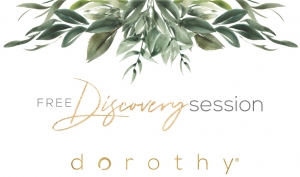
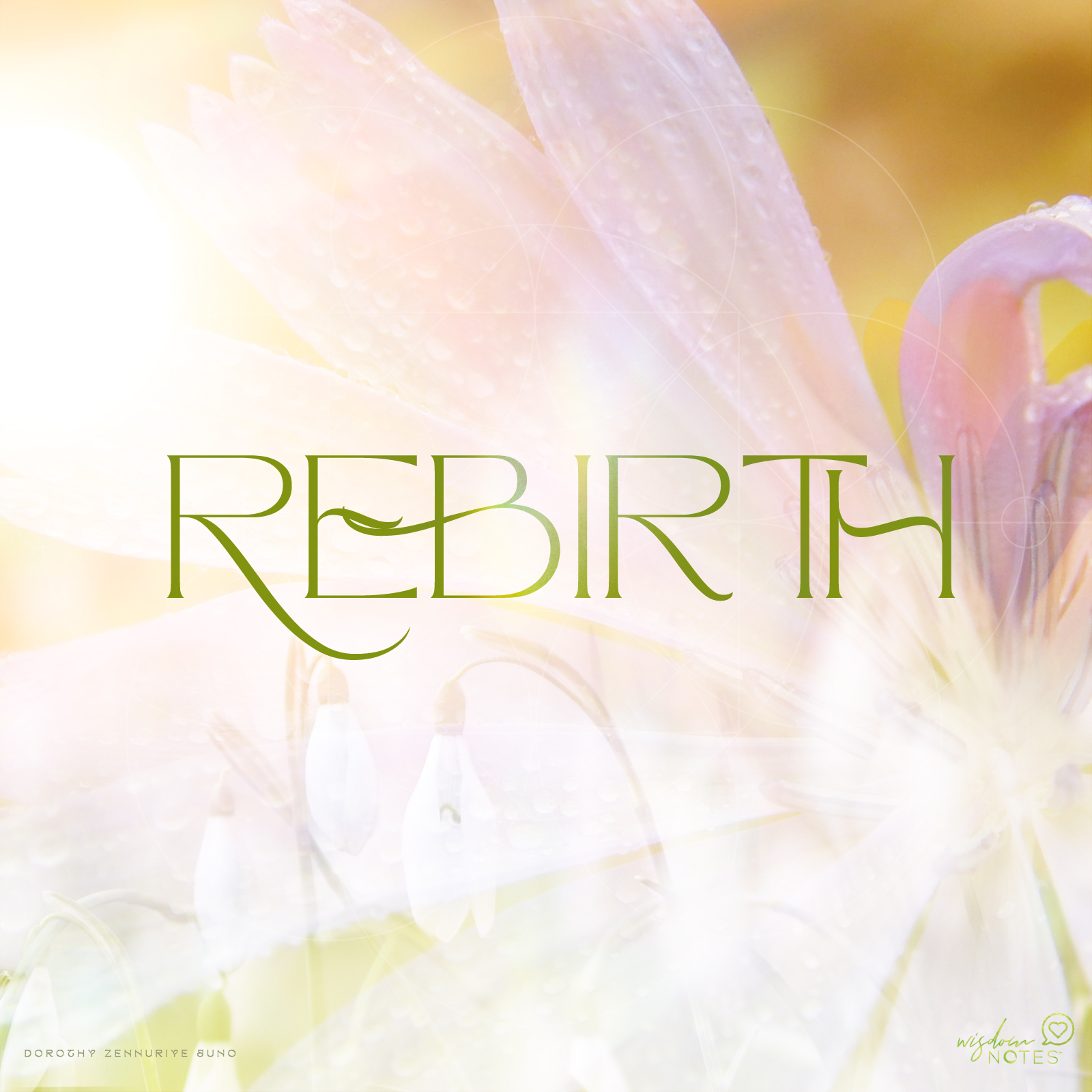
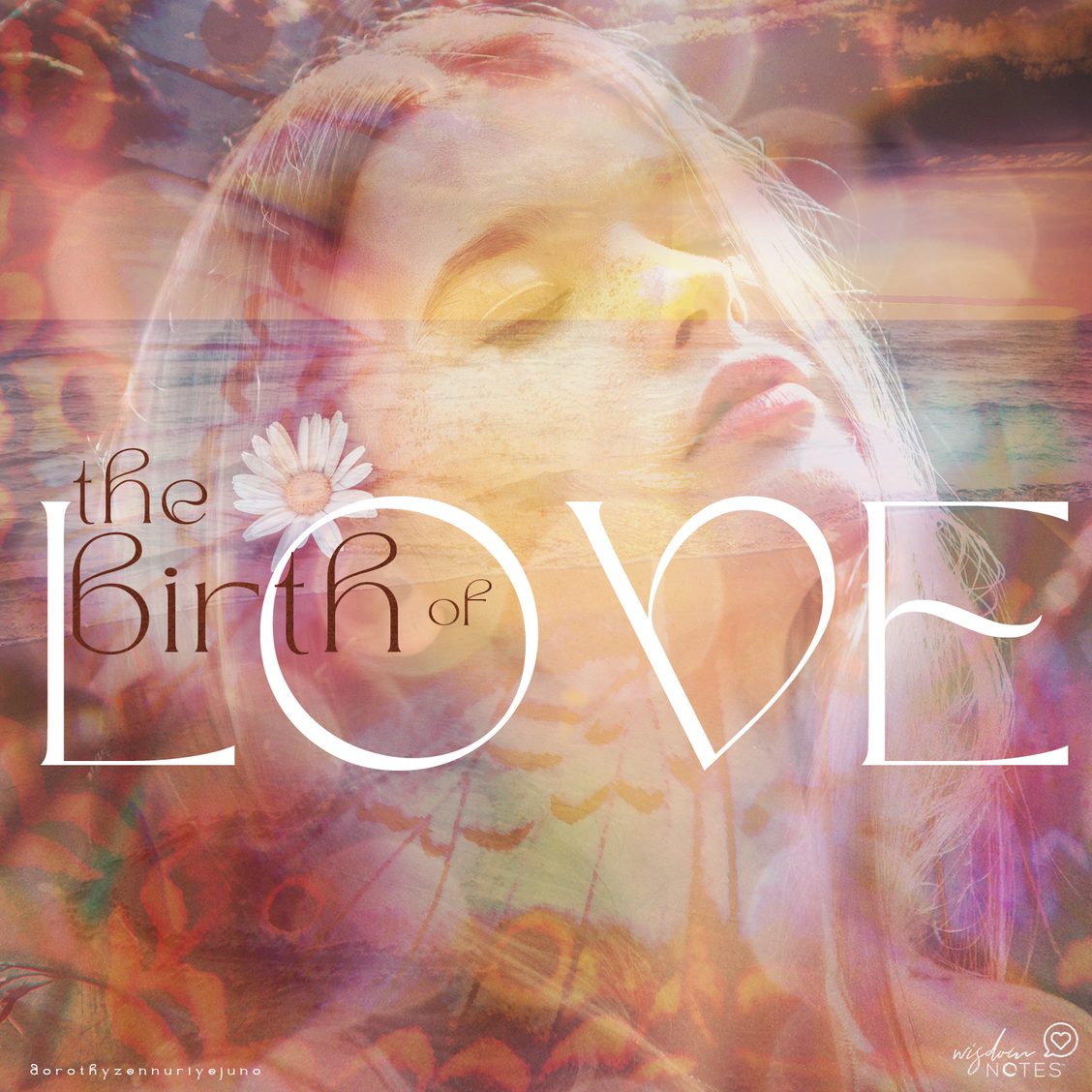
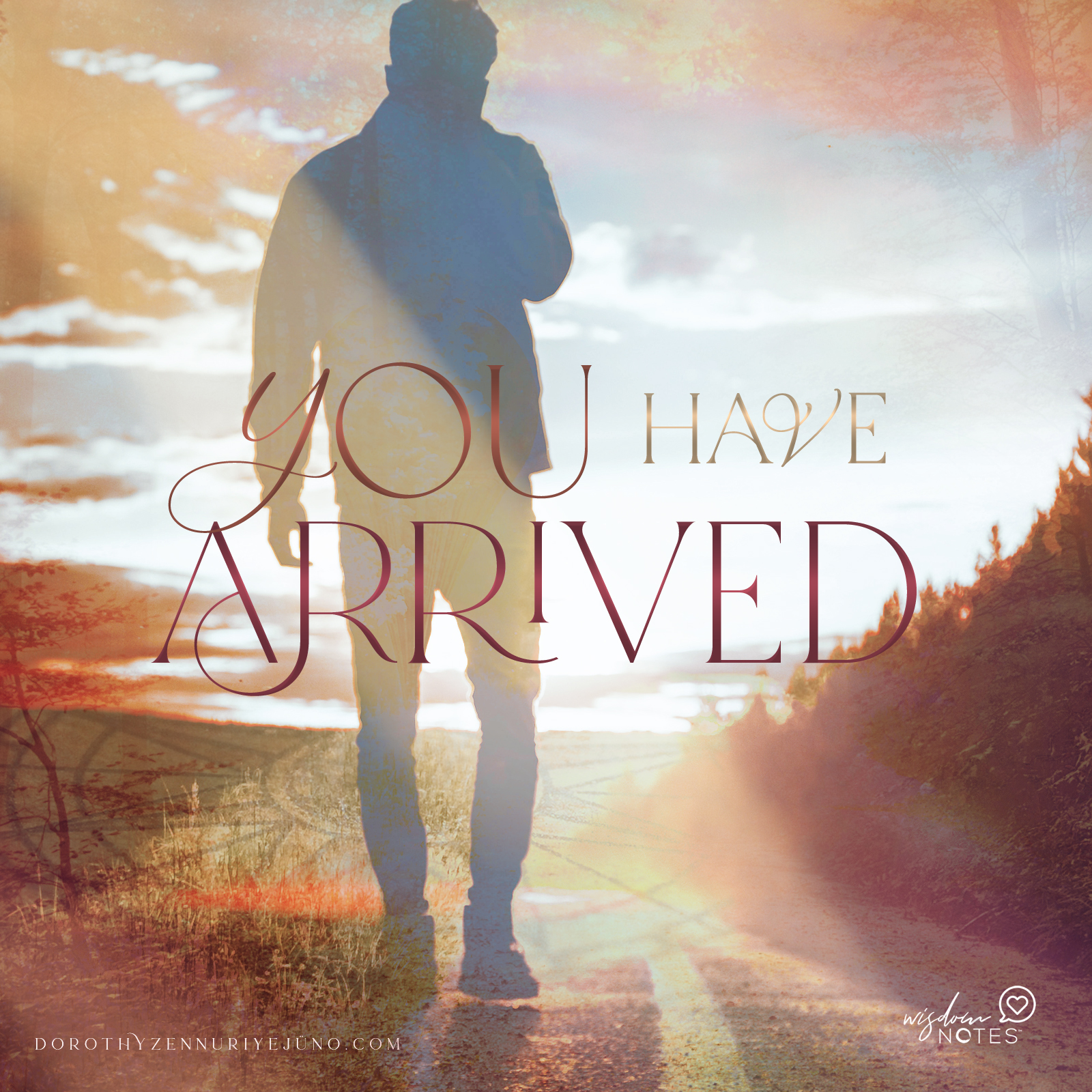
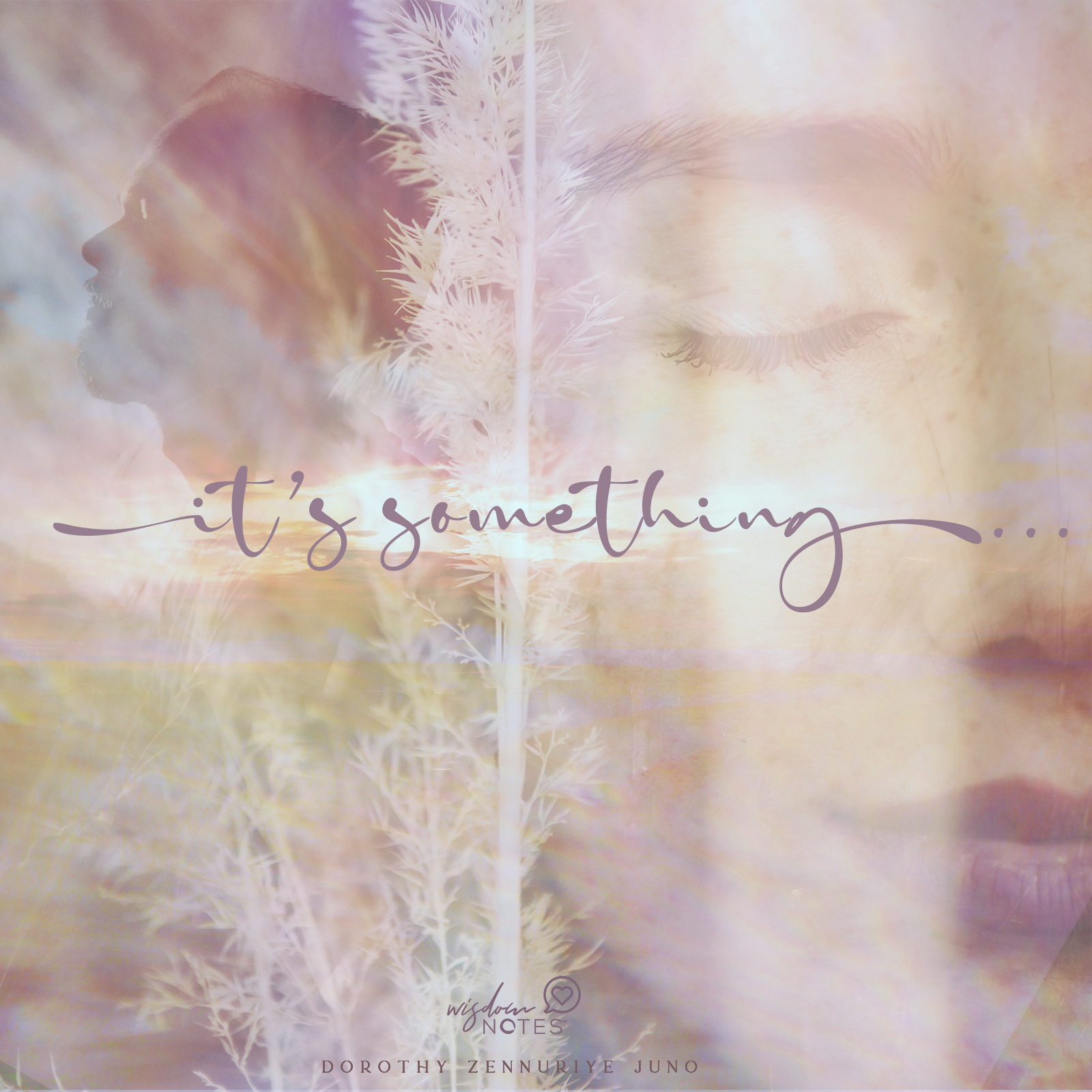
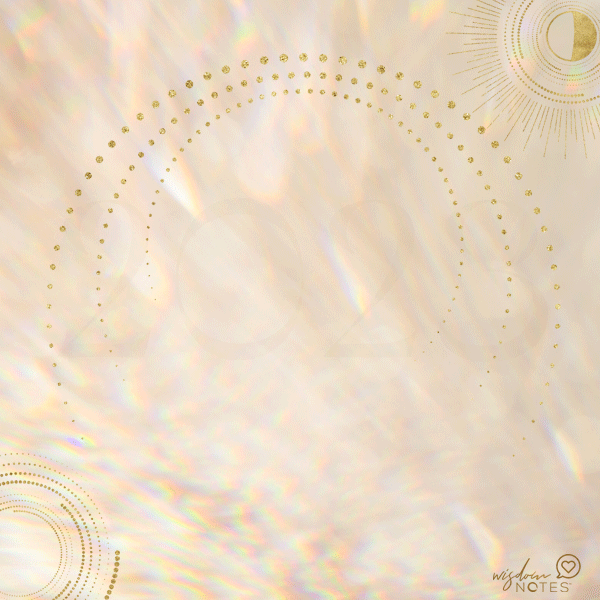





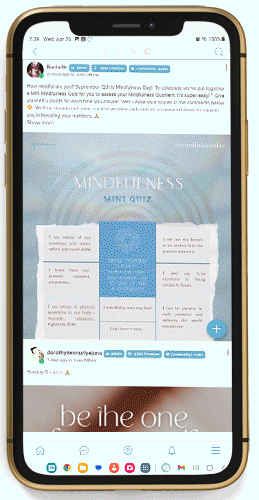

Leave A Comment
You must be logged in to post a comment.